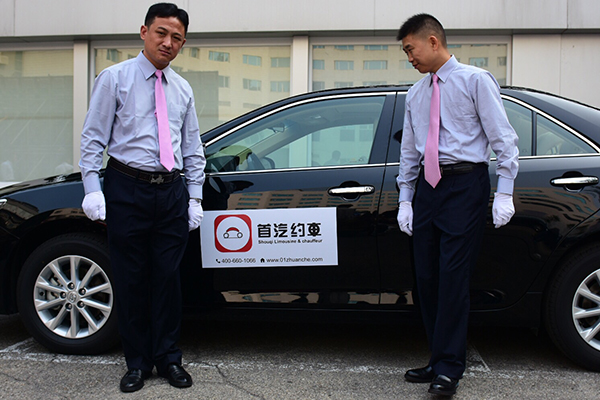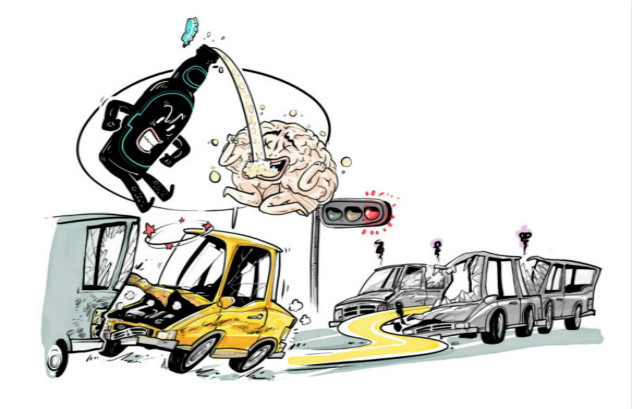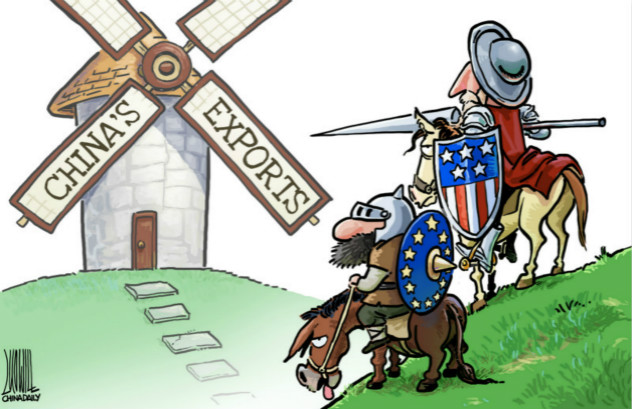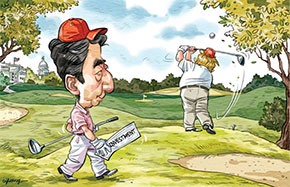Rules required to regulate rising car-sharing business
 |
|
Shouqi and Homeinns announced their strategic partnership in Beijing on Aug 11, 2016, aimed at easing tailored services for travelers, such as simplifying the process of picking up and returning hired cars. [Photo/VCG] |
Car-sharing services provided by companies such as Gofun Chuxing launched by Beijing Shouqi Group and Car2go under the automotive giant Daimler AG, are gaining popularity among young people in mega cities such as Beijing and Shanghai. Beijing News commented on Monday:
The sharing cars, mostly electric vehicles, are ready for use after the registration process has been completed, which takes just a few minutes, and they cost even less than taking a cab. Take for example Gofun, which has 1,100 cars in Beijing with more coming once its application for license plates is approved. Apart from a refundable deposit of 699 yuan ($102), one only has to spend 1 yuan per kilometer and 0.1 yuan per minute for a ride.
In comparison, traditional car-rental services charge on a daily basis-meaning that only long-distance commuters are likely to use them-and they are often expensive.
Car-sharing services, on the other hand, can be rather flexible in offering tailored driving choices and are more environment friendly. They thus have greater potential to attract enough customers to make the companies profitable.
What the local governments should do with the emerging industry is to encourage and support its growth instead of nipping it in the bud with excessive restrictions. Insufficient space for urban parking is no doubt a problem and the lack of chargers for electric vehicles is another. They cannot be solved by the car-sharing service providers alone.
That is to say car-sharing needs proper supervision. Like their bike-sharing counterparts, the car-sharing companies are struggling to keep illegal parking in check.
This requires the authorities to stipulate rules to protect the interests of both the car-sharing service providers and their users. In other words, they should learn the lesson from the previous failure to streamline the ride-hailing services, which were not put on the right track until they were legalized last year.
Sitting on the sidelines will only create gray areas where speculators prosper and decent players suffer, and placing a ban on everything is simply not possible after the country stressed the need to nurture the sharing economy.





















